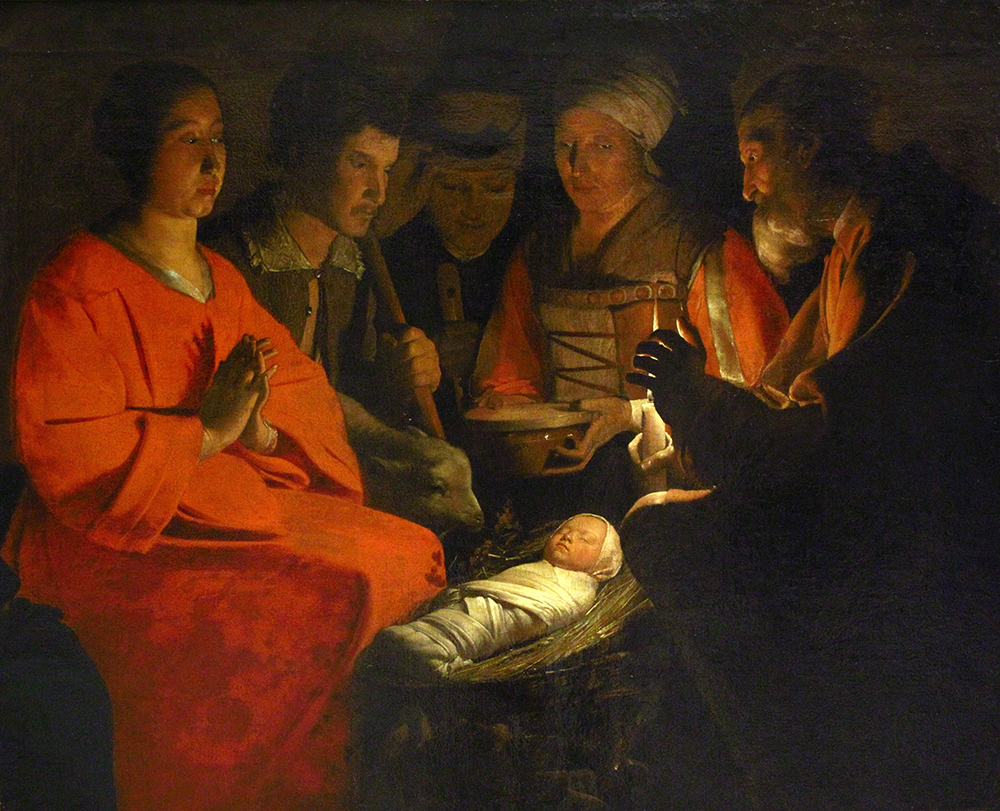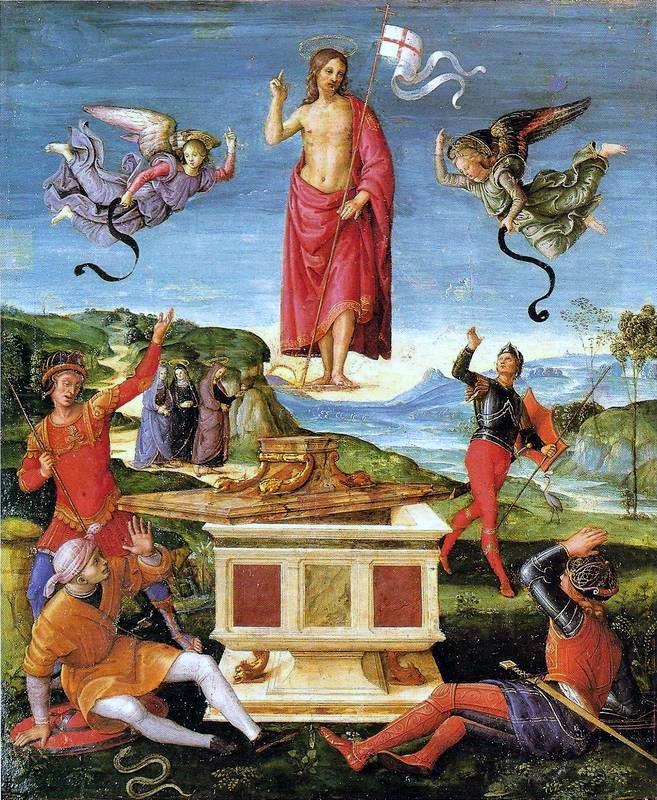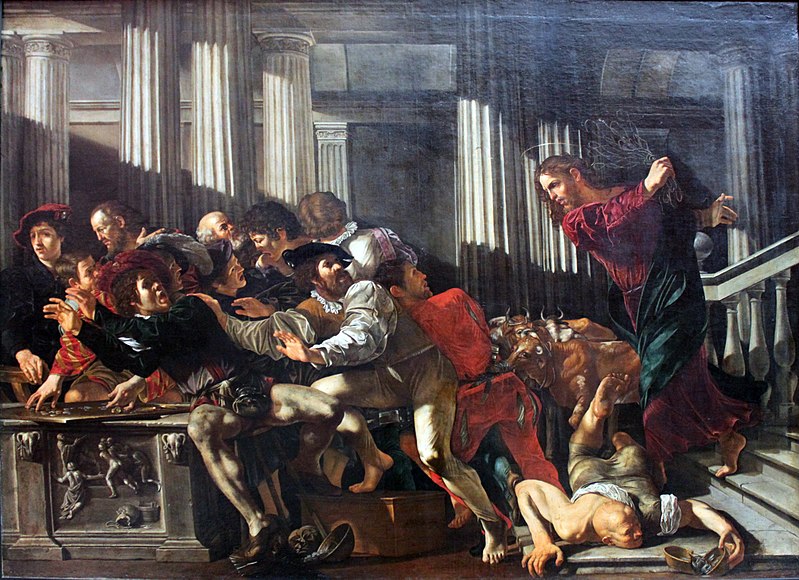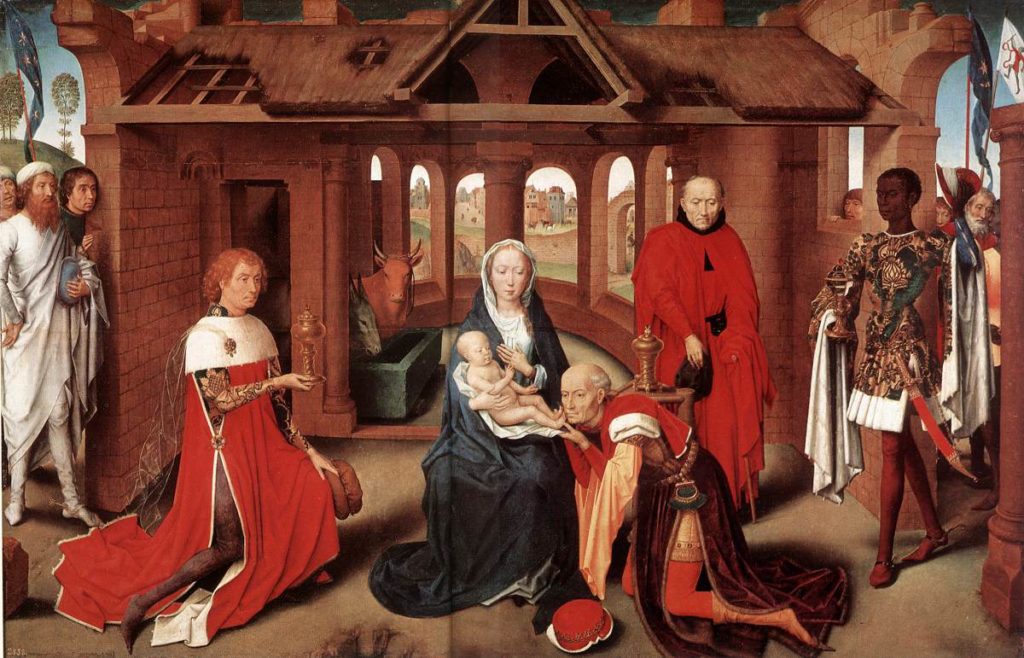
Writing to new Christians, in what today is southern Turkey, the Apostle Paul summed up the central miracle and mystery which began with Jesus’ birth: “In him all the fullness of God was pleased to dwell.”( Colossians 1:19) For the duration of his earthly life, Jesus was God with us.( Matthew 1:23) Through faith we can still experience him as such, but this relationship is difficult for those who have never encountered anyone sincerely seeking to embody Christ’s teachings in daily life. It is our calling to help make the Christmas miracle real for them.
I have a magnetic cling which reads “Keep Christ in Christmas.” I keep it on my refrigerator where it serves as a reminder to myself rather than an admonishment to others. If Christ is to remain in Christmas – or indeed become a part of Christmas for those who have not encountered him – then he must be born again and again in the hearts of his followers. The fullness of God may not dwell in us, but it must flow through us collectively as Christ’s Church. I am reminded of the words of St. Theresa of Avila:
“Christ has no body now but yours. No hands, no feet on earth but yours. Yours are the eyes through which he looks with compassion on this world. Yours are the feet with which he walks to do good. Yours are the hands through which he blesses all the world. Yours are the hands, yours are the feet, yours are the eyes, you are his body. Christ has no body now on earth but yours.”
St. Theresa of Avila
With the passing of years, I am ever more convinced that the essence of Christmas lies within each of us. It is not to be found in the exchange of gifts, the sounds of carols, or the hanging of lights and greens, but rather in the quiet birth of God’s Spirit into each of our hearts. It is this which gives joy and peace, this embodiment of God’s Word which births hope into the world.
O holy Child of Bethlehem
Descend to us, we pray
Cast out our sin and enter in
Be born to us today
We hear the Christmas angels
The great glad tidings tell
O come to us, abide with us
Our Lord Emmanuel
Wishing you and your loved ones a blessed Advent, a Merry Christmas, and a Happy, Healthy New Year.






